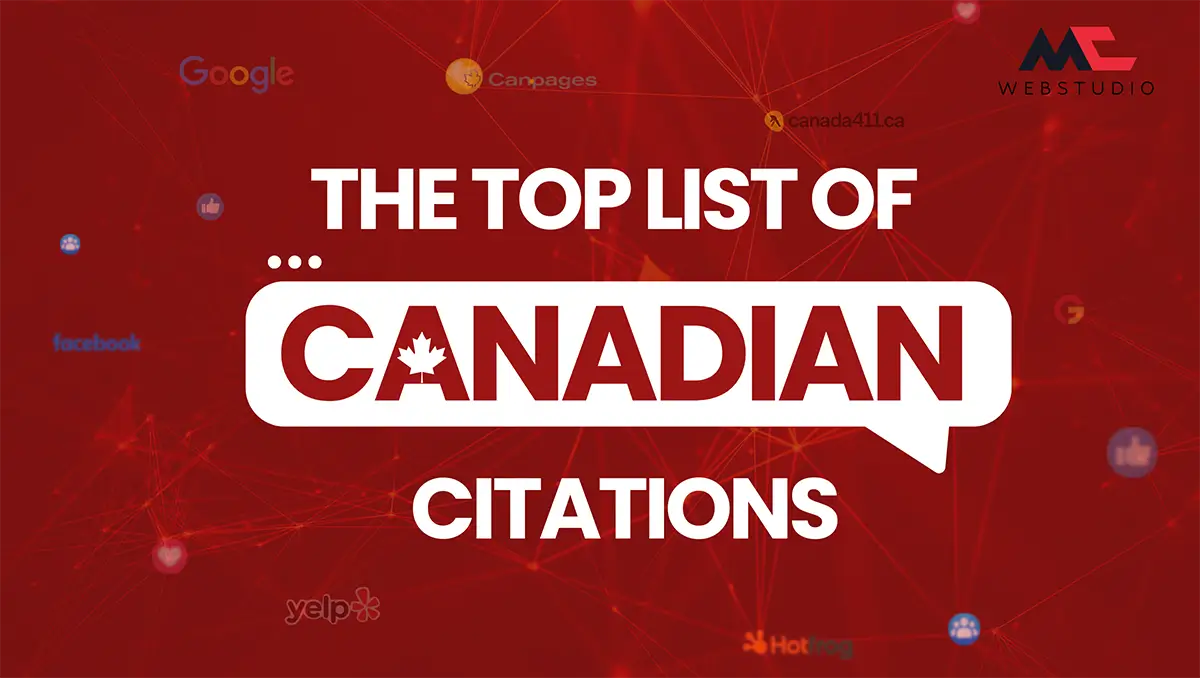
What Is Search Intent?

Table of Contents
What Is Search Intent In SEO?
Understanding search intent is a fundamental aspect of modern SEO and content marketing. In a digital landscape where millions of searches occur daily, knowing not just what people search for but why they search is a game-changer. In this comprehensive guide, we shall delve into the concept of search intent, uncover its various types, and learn how to align your online content with what users are truly seeking.
Whether you are an SEO specialist, content creator, or simply curious about the intricacies of online search, this guide will provide valuable insights into decoding user intentions and delivering content that satisfies their needs.

Search Intent Overview
Search intent, also known as user intent or keyword intent, is the primary goal or motivation behind an online search conducted by a user. Understanding search intent is essential for Search Engine Optimization (SEO) and content creation, as it allows you to align your web content with what users are actively seeking.
The Main Categories Of Search Intent
Informational Intent
Users are looking for information, answers, or solutions to specific questions. This could be anything from “How does photosynthesis work?” to “What are the best exercises for lower back pain?”
Navigational Intent
Navigational Intent: Users want to find a particular website or web page. They might search for a brand, a company’s homepage, or a specific online destination, such as “Facebook login” or “Apple website.”
Transactional Intent
Users have the intention to make a specific transaction or purchase. They might be looking for products, services, or online stores, such as “Buy iPhone 15”, “Purchase business citations” or “Best Italian restaurants near me.”
Commercial Intent (Commercial Investigation)
Users are in the research phase of the buying process. They are comparing products, reading reviews, and exploring options, like “Best DSLR cameras”, or “Is the iPhone 15 worth it?”
Why Is Search Intent Crucial?
To cater to search intent effectively, content creators and SEO professionals should develop content that aligns with these user intentions. This involves understanding the context of the search, the specific keywords used, and the type of content that users expect to find.
By optimizing your content to match search intent, you can enhance your website’s visibility in search engine results, drive more relevant organic traffic, and ultimately meet the needs and expectations of your target audience.
Search intent is crucial for several reasons, and understanding its significance can significantly impact your digital marketing and content strategy. Here’s why search intent matters:
Relevance
Matching search intent ensures that the content or product you offer aligns with what the user is actively seeking. This relevance enhances the user experience and increases the likelihood of satisfying their needs.
Higher Click Through Rates (CTR)
When your search results or ads align with user intent, they are more likely to attract clicks. Users are more inclined to engage with content that directly addresses their questions or needs.
Improved SEO
Google and other search engines prioritize content that aligns with search intent. By catering to different types of search intent, you can improve your website’s visibility in search results.
Quality Traffic
Focusing on search intent helps you attract high-quality traffic. Visitors who find what they are looking for on your site are more likely to stay, explore, and convert into customers or subscribers.
Content Strategy
Understanding search intent informs your content creation strategy. It guides the type of content you should produce, the keywords you should target, and the format (e.g., articles, videos, product pages) you should use.
Enhanced User Experience
Satisfying search intent contributes to a positive user experience. This can lead to increased user satisfaction, repeat visits, and brand loyalty.
Conversion Rate Optimization (CRO)
By delivering what users are looking for, you increase the chances of converting visitors into customers, subscribers, or leads.
Reduced Bounce Rates
Meeting search intent reduces bounce rates (the percentage of visitors who leave a site after viewing just one page) because users are more likely to explore your site further if their needs are met.
Competitive Advantage
Properly understanding and addressing search intent can set you apart from competitors who may not optimize their content accordingly.
Voice Search & AI
As voice search and AI-driven search become more prevalent, understanding search intent is even more critical. Users often ask conversational queries, making it essential to provide contextually relevant content.
The Connection Between Keywords And Search Intent
The connection between keywords and search intent is a fundamental aspect of modern SEO and content marketing. It is essential to understand this relationship to create content that resonates with users and search engines. Here’s how keywords and search intent are connected:
Choosing The Right Keywords
To effectively cater to search intent, you must choose the right keywords. Keywords are the words and phrases users enter into search engines when looking for information, products, or services. Selecting keywords that match the intent of your target audience is critical.
Keyword Research
Keyword research involves identifying the keywords that your target audience is likely to use when searching for content or products related to your industry or niche. This research should consider the different types of search intent, including informational, navigational, transactional, and commercial investigation.
Content Alignment
Once you have identified relevant keywords, you can create content that aligns with the search intent associated with those keywords. For example, if you discover keywords with informational intent, you can create informative blog posts or articles that provide answers to users’ questions. If the keywords have transactional intent, you can create product pages or landing pages optimized for conversions.
Optimizing Content
When you create content targeting specific keywords, you can optimize it to reflect search intent. This includes structuring content to provide quick answers, using related keywords, and employing on-page SEO techniques to improve visibility.
User Satisfaction
By matching content to search intent, you improve user satisfaction. Users are more likely to find what they are looking for and engage with your content, which can lead to lower bounce rates, longer time on page, and more conversions.
Search Engine Ranking
Search engines like Google prioritize content that meets user search intent. Creating content that aligns with the intent behind keywords can improve your ranking in search engine results pages (SERPs).
Competitive Advantage
Understanding the connection between keywords and search intent can give you a competitive advantage. If you consistently provide content that addresses user needs effectively, you can stand out in your niche.
How Do Keywords Signal User Intent?
Keywords play a pivotal role in signaling user intent in online searches. When users enter specific keywords or phrases into search engines, they provide valuable clues about what they are looking for. Whether it is seeking information, a particular website, a product, or conducting research, keywords offer insights into the underlying motivation behind the search.
Search engines like Google use these signals to deliver the most relevant results, ensuring that users find content that aligns with their intentions. By understanding the relationship between keywords and search intent, businesses and content creators can tailor their strategies to better serve their target audience, resulting in a more satisfying online experience.
Interpreting User Intent Through Keyword Analysis Strategies
Uncovering intent through keyword analysis, and what it involves requires us to move past the surface-level meanings of words and comprehend the more profound connotations of the search. Here are some approaches:
Analyze Modifiers
Words such as “best,” “review,” “buy,” “affordable,” or “near me” can offer strong indications of a user’s intent.
Consider Query Length
Longer search queries often suggest a more specific intent, such as making a purchase, while shorter ones may be more general or exploratory.
Examine SERP Features
The types of results and features (organic listings, advertisements, shopping results, or local listings) displayed by search engines, like Google, for a particular keyword can provide hints about the predominant search intent.
Utilize Keyword Research Tools
Tools such as Google Trends, Keyword Planner, or premium options like Ahrefs, Moz, and SEMrush offer additional insights into search volumes, trends, and competition. This additional data can further enrich your comprehension of user intent.
By harnessing the potential of keywords, we gain the ability to gain insights into our users’ thought processes, anticipate their requirements, and craft content that not only resonates with them but also aligns with their search journey.

Endnote
Understanding and addressing user intent through keyword analysis is a critical element of successful SEO and content marketing. By delving deeper into the motivations behind online searches, we can provide more relevant and valuable content to our audience. Strategies such as analyzing modifiers, considering query length, examining SERP features, and using keyword research tools enable us to anticipate user needs effectively.
This approach not only improves our search engine rankings but also enhances the user experience, driving higher engagement and conversions. As the digital landscape continues to evolve, staying attuned to user intent remains a cornerstone of effective online marketing, helping us connect with our audience in meaningful ways and deliver content that truly resonates.
Related Posts

